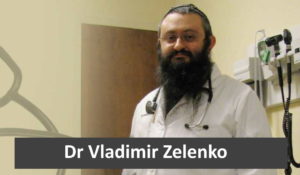The Johns Hopkins Center for Civilian Biodefense Studies was founded
Established in September 1998, the Johns Hopkins University Center for Civilian Biodefense Studies was created to increase national and international awareness of the medical and public health threats posed by biological weapons, such as anthrax and smallpox, that terrorists can use to unleash mass destruction on a population. Originally seeded with monies from the schools of Public Health and Medicine, the center then received funding Congress, the Alfred P. Sloan Foundation, the Robert Wood Johnson Foundation and a few private philanthropists. The founding director was Donald Ainslie Henderson, a longtime dean of the School of Public Health, who "was concerned about the nation's lack of preparation in the event of a biological attack". Then Dr Tara O'Toole served as director from 2001 to 2003. By February 1999, the Center holds their first "response to bioterrorism" symposium. The name of the group was later changed to the Centre for Health Security (CHS), a less military-like name, yet for decades to follow they continued to hold "war game" exercises, simulating responses to bio-terrorist attacks and outbreaks. The outcome of the scripted simulations "usually ended in a need to control the populace, by which behavioral modification techniques are used to enforce cooperation" of..> READ MORE



